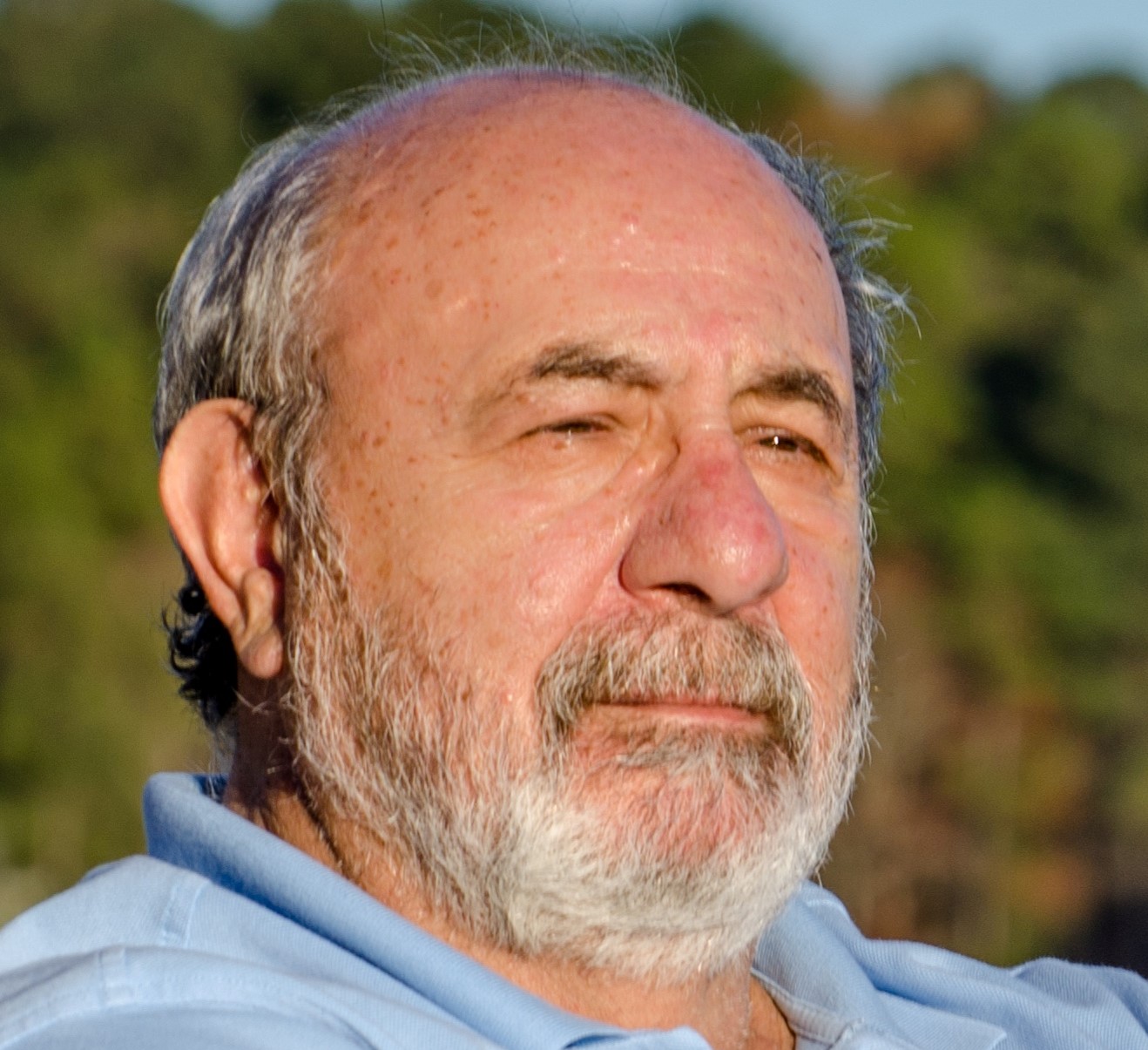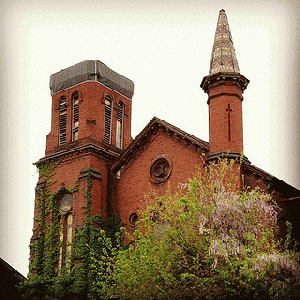This church is for sale, thinking... by veganLazySmurf
I recently wrote a piece titled, "Do We Need Religion?" I was happy to read the responses. As usual, they were sometimes in sync with my intentions and sometimes not.
It also became obvious that religion is a hot topic that evokes strong emotions, both for and against. So I thought I would give it another try.
This time I'll start near the end of the last article: "To understand the truth of a proposition, we must travel the steps of those who preceded us in creating the meanings upon meanings heaped on it from the beginning."
This is the basis for Derrida's concept of deconstruction; a deepening search for the truth in our words and symbols. In this case, the truth is the original meaning of the texts or actions, which may or may not be their current interpretations. In other words, what did the original words or symbols mean?
For instance, today a soldier salutes his officers because in days of old, knights raised their helmet visors to identify themselves to friends. Or today we shake hands because a long time ago people needed to be sure a stranger wasn't carrying a weapon as they passed on the path.
So not only has time added multiple sediments of meanings, but human traditions have changed to represent practices different from anything someone living just 200 years ago could have imagined.
Contrary to Richard Dawkins' claim that religion is the root of all human evil, I believe there is a need for religion today, with or without a God.
As imperfect as religion may be, for many people, it can answer the two most basic questions Alain de Botton asks in his book, Religion for Atheists: A Non-believer's Guide to the Uses of Religion. "How do we live together in harmony despite our deeply rooted selfish impulses? How do we cope with the terrifying pain of our vulnerability to personal failure, troubled relationships and the death of loved ones, let alone our own decay and demise?"
I not proposing anyone follow a dogma-ridden orthodoxy embedded with an anthropomorphic god. Instead, we have the capacity to preserve those truths that, when interpreted properly, served individuals and strengthened societies and ignore those that don't.
As much damage as religion has done and still does today, it sustains more people than it harms. I don't mean the self-serving, millionaire, Evangelical TV pundits or the political religious extremists who clog up our governmental processes, but the ordinary people who use it as a philosophical tool to deal with the vicissitudes of their lives.
Dr. Marlene Winell, a human development consultant in the San Francisco Area, makes and important distinction when asked, "What do you see as the difference between religion that causes trauma and religion that doesn't?
Winell: "Religion causes trauma when it is highly controlling and prevents people from thinking for themselves and trusting their own feelings. Groups that demand obedience and conformity produce fear, not love and growth. With constant judgment of self and others, people become alienated from themselves, each other, and the world.
Religion in its worst forms causes separation.
Conversely, groups that connect people and promote self-knowledge and personal growth can be said to be healthy. The book, Healthy Religion: A Psychological Guide To A Mature Faith, describes these traits. Such groups put high value on respecting differences, and members feel empowered as individuals. They provide social support, a place for events and rites of passage, exchange of ideas, inspiration, opportunities for service, and connection to social causes.
They encourage spiritual practices that promote health like meditation or principles for living like the golden rule. More and more, nontheists are asking how they can create similar spiritual communities without the supernaturalism. An atheist congregation in London launched this year and has received over 200 inquiries from people wanting to replicate their model."
(Note: You can view every article as one long page if you sign up as an Advocate Member, or higher).






